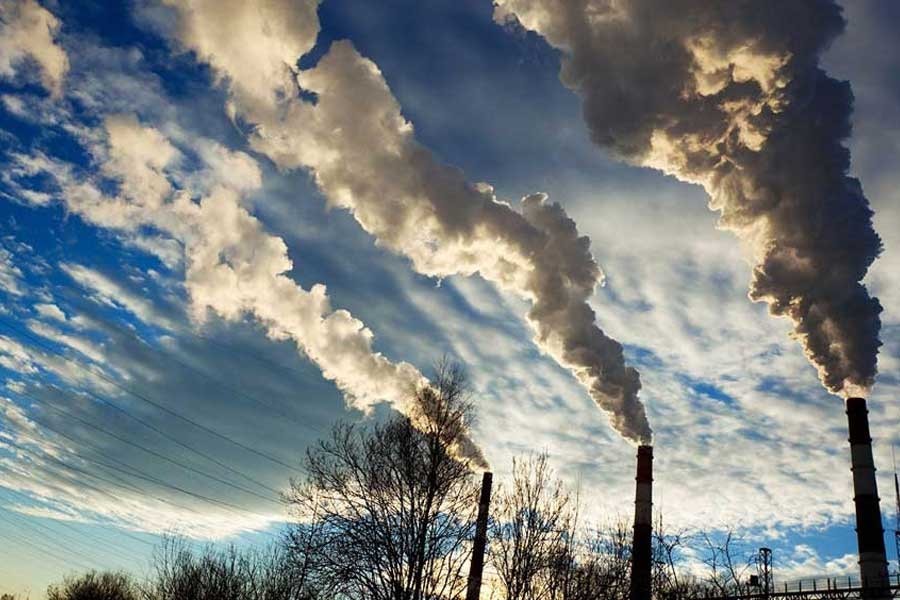The twin predators of rising inequality and environmental degradation now stalking the entire length and breadth of the world pose, according to Pascal Lamy, a former chief of the World Trade Organisation (WTO), an immediate threat to human civilisation. The world trade body has been in the forefront of bringing sanity in global trade and commerce where the underdeveloped and developing countries have always been at a disadvantage. As president of the organisation for two terms, Pascal Lamy has all the credentials to talk about such issues more authentically than most other people. If the world today is known for creation of wealth more than ever before with industrial output and consequent trade and commerce all over the world growing apace, its downside is increasingly taking a stranglehold on socio-economic progress. There is no end to avarice for wealth accumulation on the one hand and conversely a rot set by the pauperisation of a section of people, on the other.
Not many people recognise or if they do would not mind to be indifferent to the inherent flaws of the economic system now ruling the roost. They would not surrender their advantage in order to share opportunities with others in a worse position. US President Trump's withdrawal from a few trade agreements and the Paris Climate Accord only points to the fact that the idea of a collective effort to tide over crunch time is no longer popular among many of the rich nations. A slash in aid money for the poor nations is now a clear global trend. Even in domestic policy, welfare economy has of late become a casualty. Industrial policies and taxation rules and regulations under Trump now favour the big industrialists and companies. The unemployed and socially discriminated against are going to be disillusioned soon.
Developments in America have their bearing on the global economy. The pattern of economic growth it is going to pursue has a fair chance of influencing others. Fortunately for the world order on the economic and environment fronts, new leaderships in France and New Zealand have blown in a fresh air. They seem to be the face of the modern and progressive world fighting for a new and equitable economic order. Pascal Lamy asserts that inequality can be fought locally or at a national level. Such a unilateral approach, alas, may not be enough for countries in the Third World to bridge the gap between the rich and poor citizens. Even in Bangladesh wealth, as the latest studies have indicated, is getting concentrated in a few hands.
In a shared world, the issue of economic development is intrinsically connected with global warming. Temperature of the planet rises because of indiscriminate exploitation of its resources and poisoning of the environment for creating a condition for luxurious living for the privileged. If fossil fuels were not used for running industries and automobiles, the release of carbon dioxide would not have made the environment so precariously dangerous for living. Pascal Lamy is right to point out that addressing this problem calls for collective effort. Sure enough this costs. But the major share of the cost should be borne by the greatest polluters - the highly industrialised nations to be sure. Here is a clear perspective of the economic and environmental relations together with the responsibilities for nations of the world.


